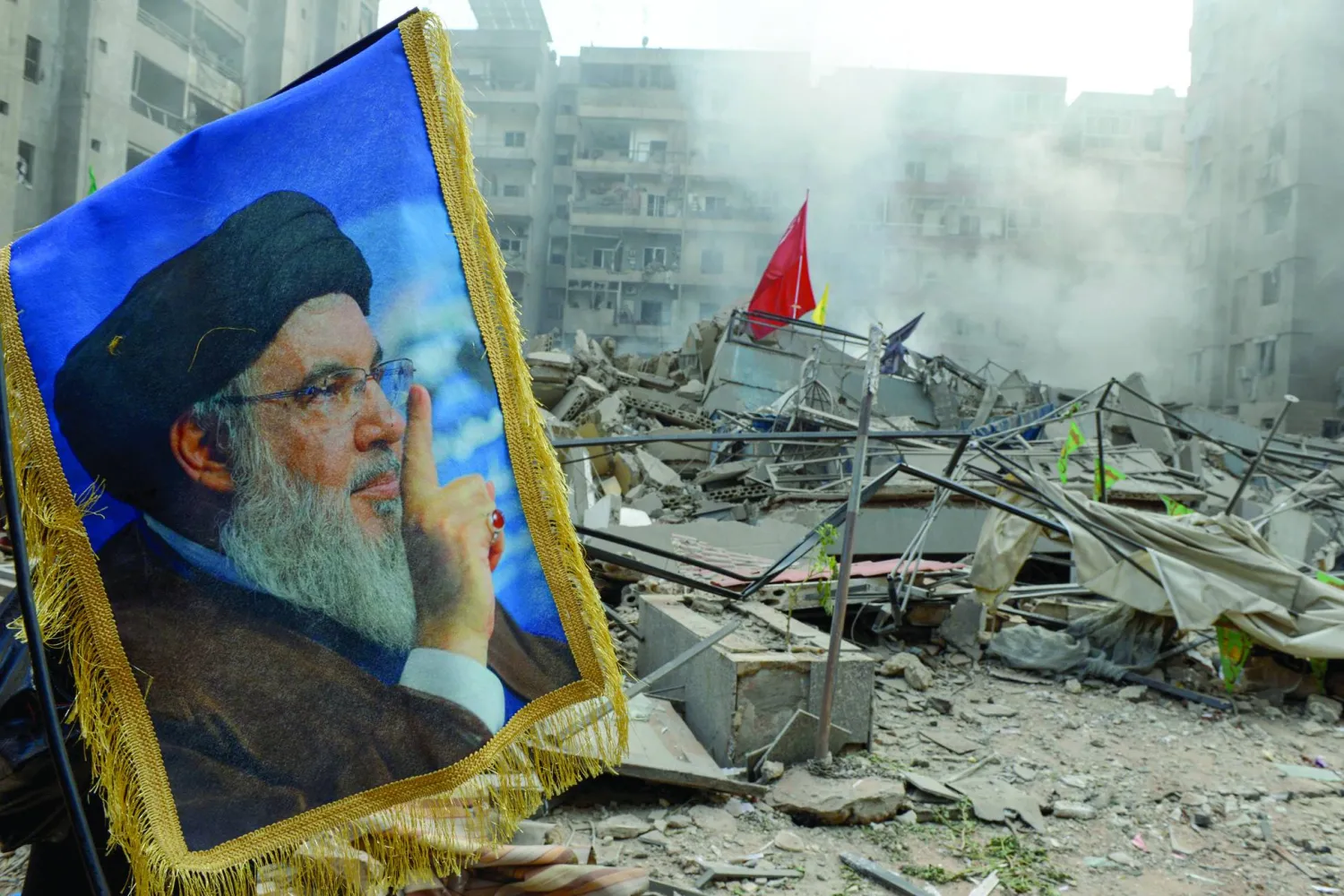Turkish President Tayyip Recep Erdogan said his country has sent Syrian opposition fighters to Libya.
“Turkey is there [in Libya] with a training force. There are also people from the Syrian National Army,” Erdogan told reporters in Istanbul, referring to opposition fighters who were previously known as the “Free Syrian Army”.
The Turkish president added that the reports are saying Turkey sent mercenaries from Syria, wondering why no one discusses the 2,5000 mercenaries of the Russian company Wagner or the 15,000 mercenaries from Sudan and Chad who fight alongside Libyan National Army (LNA) forces.
“We are in Libya at the invitation of the Libyan people, and the legitimate government representing it,” referring to the memorandum of understanding for military and security cooperation signed with Government of National Accord, headed by Fayez al-Sarraj.
“We will not go out until peace and stability are achieved in Libya,” continued Erdogan.
Several reports had indicated that Turkey sent Syrian mercenaries after they were promised the Turkish citizenship and salaries of up to $2,000 per month, to fight alongside militias loyal to the GNA.
This is the first time Erdogan admits to sending these elements and the Syrian Observatory for Human Rights (SOHR) estimated they were around 3,600 fighters from pro-Turkish factions and brigades in Syria.
The Turkish President reaffirmed that his country will continue to support the GNA and renewed his attack on LNA leader Field Marshal Khalifa Haftar, saying that he was “mercenary and has illegal status."
Erdogan's comments came after a surprising meeting in Istanbul with Sarraj, who withdrew from the UN-sponsored Geneva peace talks on Libya, aimed to establish a permanent cease-fire.
The Turkish presidency said the closed meeting between Erdogan and Sarraj was not included in the President's agenda, without giving any further details.
Diplomatic sources told Asharq Al-Awsat that Sarraj briefed Erdogan on the Geneva talks, and the situation after the LNA bombed Tripoli port.
They suggested that Sarraj may have requested further Turkish military support to thwart LNA’s advancement.
Earlier, Haftar visited Moscow where he met the Russian Defense Minister Sergei Shoigu, and the two agreed on the need to implement the decisions of the Berlin Conference on the Libyan crisis.
For his part, the Turkish Foreign Minister Mevlut Cavusoglu said Thursday that Turkish guarantees in Libya are dependent on a truce between warring sides being upheld.
“If the cease-fire does not continue, the transfer to a political process is very hard. The world condemns, but what is being done to stop Haftar?”
Turkey's special envoy to Libya Emrullah Isler said Friday that Turkey is in Libya in agreement with the legitimate government, referring to Sarraj’s government, denying that Turkey had established a military base in Tripoli.
He indicated that members of the Turkish forces in Libya use bases and camps that were established mainly in Tripoli.









